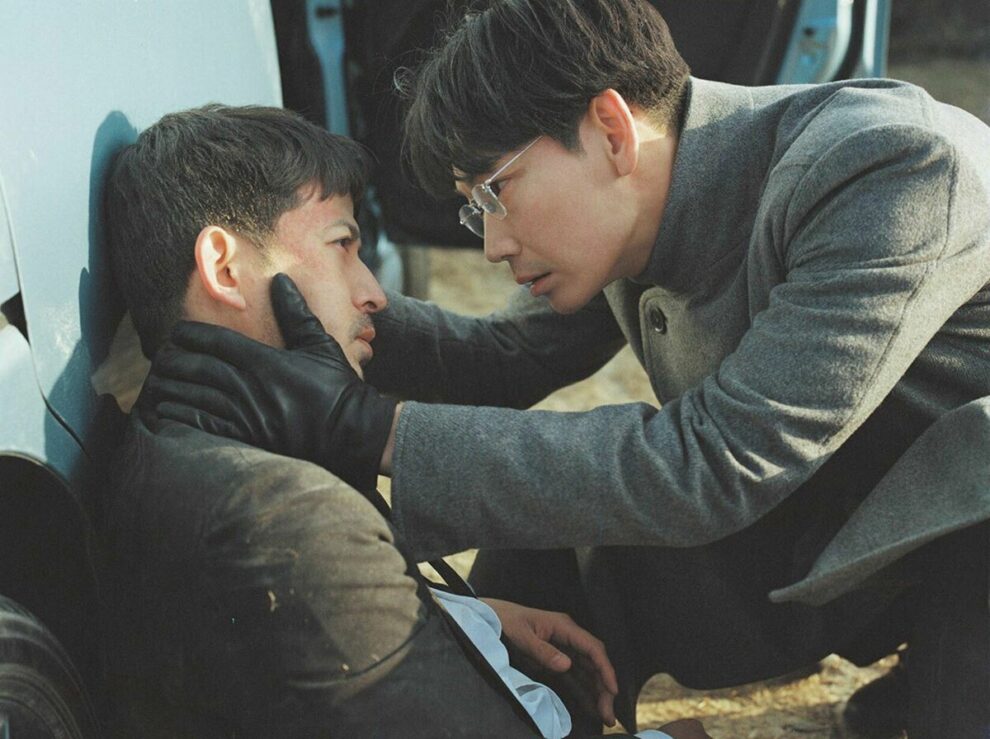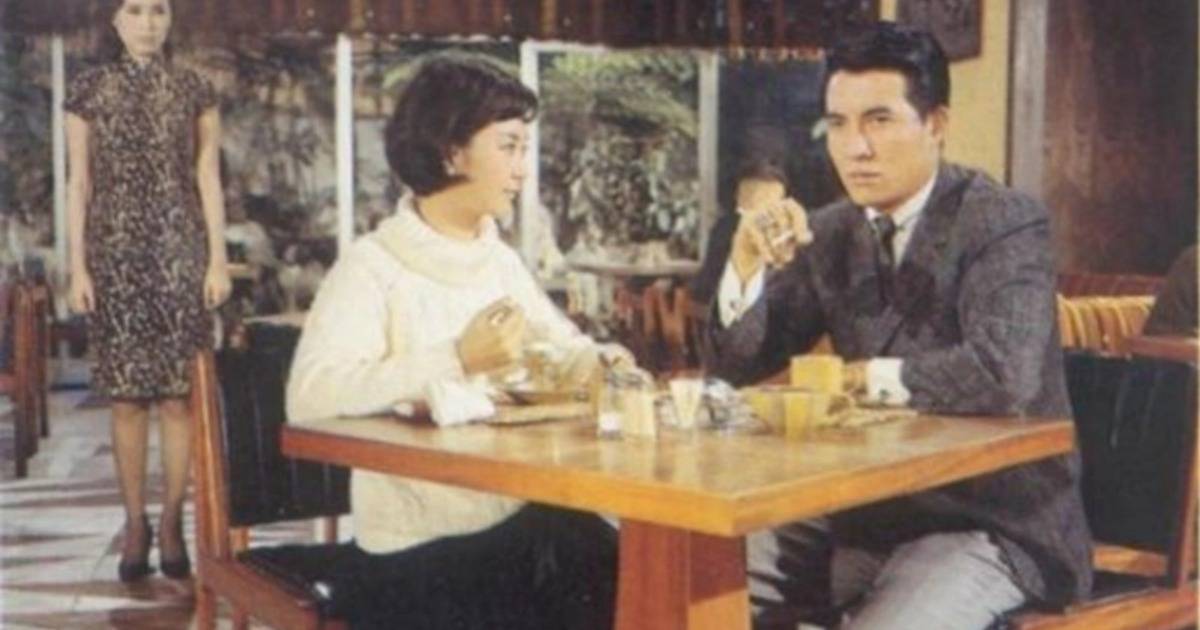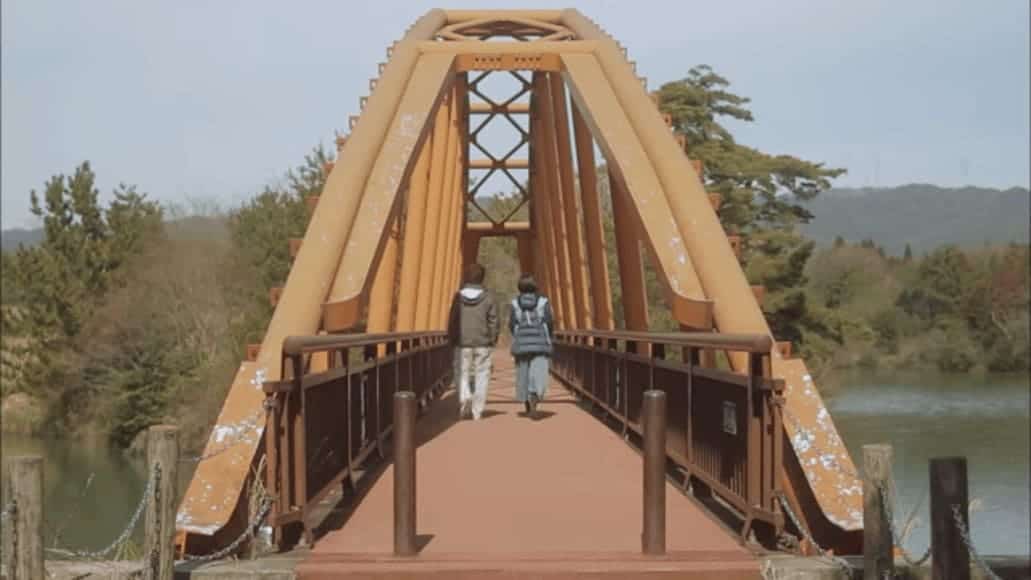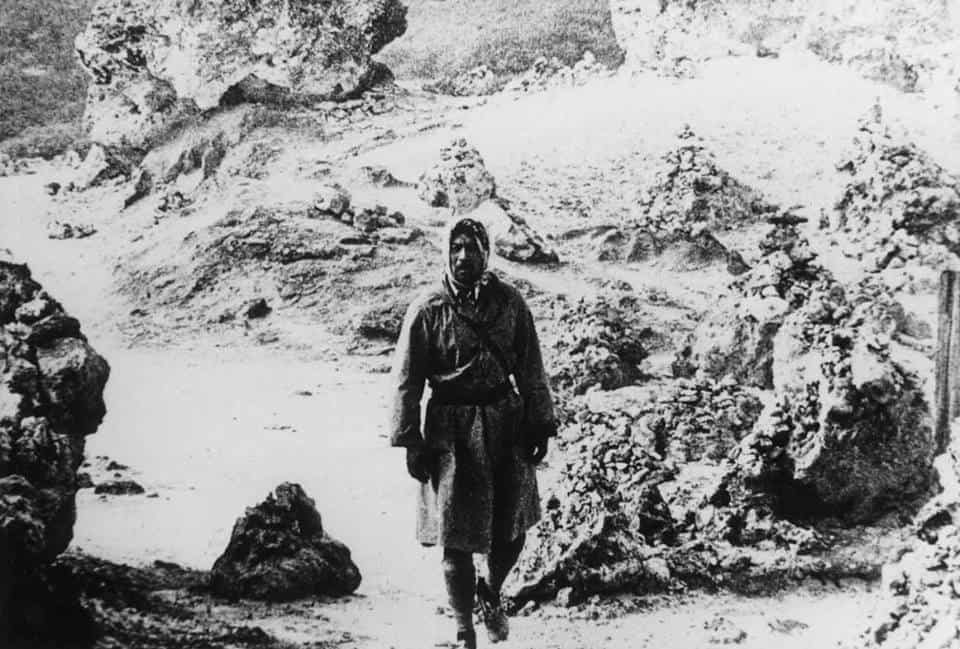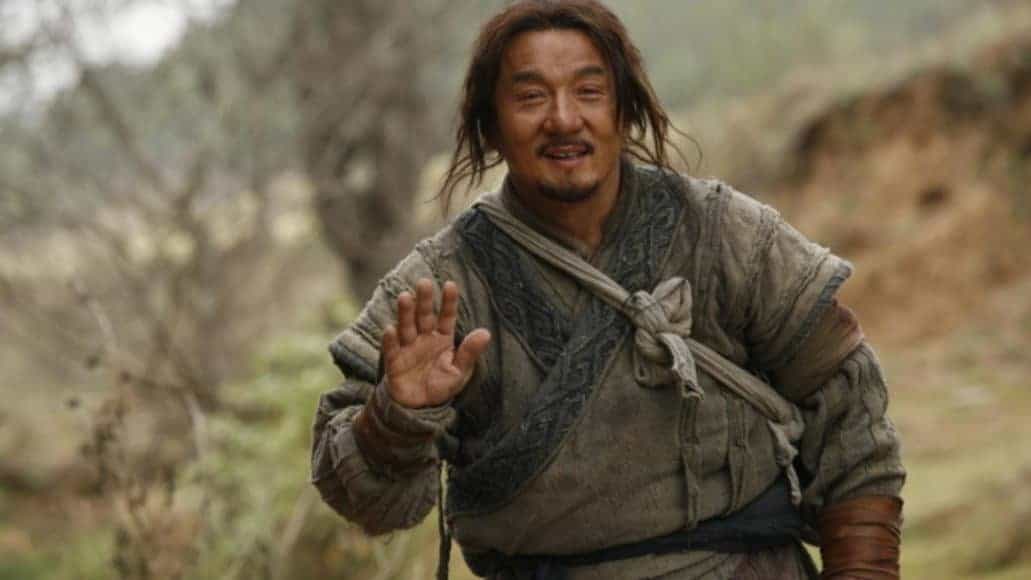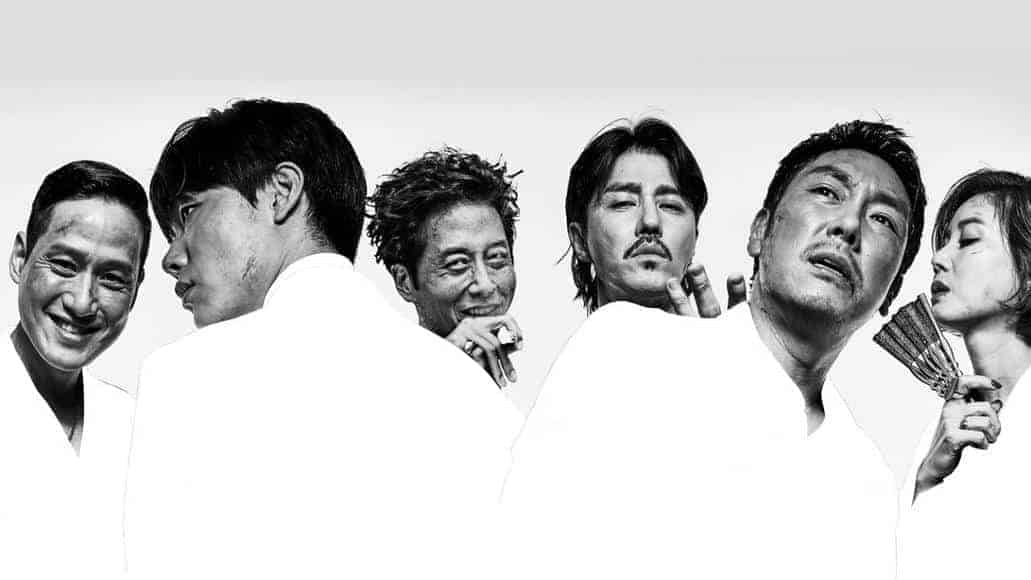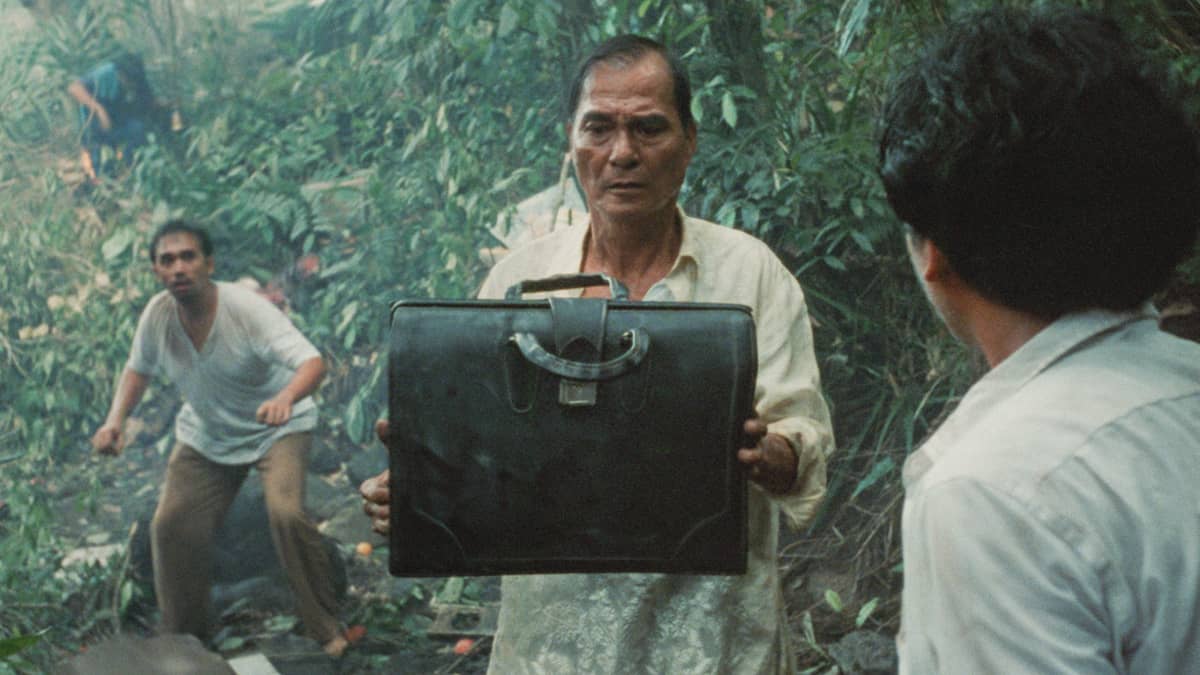Back in 2013, when the surge of Korean crime/action thrillers, which eventually brought the local industry to the top of the world, was at its peak, Kim Seung-hun managed to come up with “A Hard Day”, a movie that entailed the majority of the elements that made films of the category a success, but also including a very appealing comic aspect, mostly instigated by an impressive performance by Lee Sun-kyun. Ten years later, Michihito Fujii, who has been working like crazy for Netflix recently, coming up with three films just in 2023, presents a Japanese remake of the original, which also doubles as a Christmas movie, in a way.
Click the image below to follow our Tribute to Netflix

On the night of December 29th, Detective Yuji Kudo is driving his car towards the hospital, where his mother is hospitalized with a serious condition. He is a bit drunk, and a phone call from his chief about Officer Yazaki from Internal Affairs launching an official enquiry about a bribing fund involving him, does not help his mental state. As such, when a woman jumps in the middle of the street, he barely manages to avoid him, with the exact opposite happening when a man does the exact same. In complete shock, also after another call that informs him his mother has died, Yuji picks up the body and puts it in his trunk, but a bit later, he is stopped by traffic police, who, knowing his involvement in the bribe, are not exactly eager to let him go. Thus begins a crazy adventure, with him eventually placing the dead body into his mother's casket, while the focus of the story changes after a point, revealing the back story of Yazaki, who is not exactly who he seems to be.
Check the interview with the director
To get the comparison with the original out of the way, “Hard Days” is definitely worse, both due to the way Fujii handles the story, as usually in Japanese films which tend to go too far and lag for no apparent reason, and because Junichi Okada, an otherwise great actor as we have witnessed in films like “The Fable” cannot handle the particular character in the great way Lee Sun-kyun did. That being said, let us deal with the movie as a stand-alone.
To begin, the story is rather intriguing, with the way the past and present of both Kudo and Yazaki come knocking, bringing them both in an impossible situation, being its best trait. The main reason for this is that the tension created from the beginning, is actually retained for the majority of the film, essentially being the biggest trait of the entertainment the title offers. Furthermore, the deconstruction of the two main characters is captivating to watch, in a downward spiral that inevitably brings them against each other. This aspect also benefits the most by the acting, with Okada and Go Ayano as Yazaki playing excellently off each other, additionally highlighting an antithetical chemistry that works quite well throughout.
At the same time, the way comedy is implemented in a story that is as dramatic as it is thriller-like is impressive, as much as the way it moves towards the drama and the thriller, starting with Yazaki arc, in a trait that should be attributed to Fujii's direction. Granted, and as usually lately in Japanese movies, the ending lags and there a number of scenes and episodes that could have been avoided, since, occasionally are completely out of logic, but as a whole, the story definitely works, particularly in entertainment terms.
Furthermore, the comments about police corruption and the ties with the Yakuza, and the ones about human nature, especially the extremes people can reach when they are desperate, are well presented, with the latter one being the main source of tension and angst in the movie.
This aspect also owes a lot to Tatsuma Furukawa's editing, with the succession of scenes working excellently in that regard and the overall pacing fitting the story and aesthetics ideally. Kensuke Sonomura's action choreography is as impressive as always, with a focus on brutal realism this time, while DP Keisuke Imamura captures the different settings the movie takes place in in a way that allows the story and characters to shine, without any particular exaltations.
“Hard Days” may not be as good as the original but is fun and entertaining, makes sense as an adaptation, and is bound to appeal to viewers who like their action thrillers with a bit of comedic lightness.


